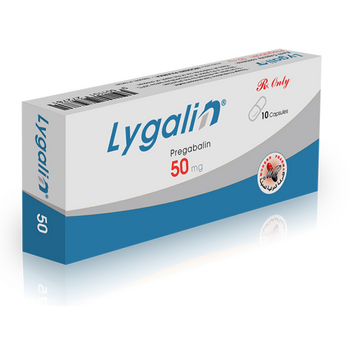Like all medicines, this medicine can cause side effects, although not everybody gets
them.
Very common:
- Dizziness, somnolence, headache.
Common:
- Nasopharyngitis, increased appetite, euphoric mood, confusion, irritability,
disorientation, insomnia, decreased libido, ataxia, abnormal coordination, tremor,
dysarthria, amnesia, memory impairment, disturbance in attention, paresthesia,
hypoaesthesia, sedation, balance disorder, lethargy, blurred vision, diplopia, vertigo,
vomiting, nausea, constipation, diarrhoea, abdominal distension, dry mouth, muscle
cramp, arthralgia, back pain, pain in limb, cervical spasm, erectile dysfunction,
peripheral oedema, abnormal gait, fall, feeling drunk, feeling abnormal, fatigue, weight
gain.
Uncommon:
- Neutropaenia, hypersensitivity, anorexia, hypoglycaemia, hallucination, panic attack,
restlessness, agitation, depression, depressed mood, elevated mood, aggression, mood
swings, depersonalization, word finding difficulty, abnormal dreams, libido increased,
anorgasmia, apathy, syncope, stupor, myoclonus, loss of consciousness, psychomotor
hyperactivity, dyskinesia, dizziness postural, intention tremor, nystagmus, cognitive
disorder, mental impairment, speech disorder, hyporeflexia, hyperaesthesia, burning
sensation, ageusia, malaise, peripheral vision loss, visual disturbance, eye swelling,
visual field defect, visual acuity reduced, eye pain, asthenopia, photopsia, dry eye,
lacrimation increased, eye irritation, hyperacusis, tachycardia, atrioventricular block
first degree, sinus bradycardia, congestive heart failure, hypotension, hypertension,
hot flushes, flushing, peripheral coldness, dyspnoea, epistaxis, cough, nasal congestion,
rhinitis, snoring, nasal dryness, gastrooesophageal reflux disease, salivary
hypersecretion, hypoaesthesia oral, elevated liver enzymes, rash papular, urticaria,
hyperhidrosis, pruritus, joint swelling, myalgia, muscle twitching, neck pain, muscle
stiffness, urinary incontinence, dysuria, sexual dysfunction, ejaculation delayed,
dysmenorrhoea, breast pain, generalised oedema, face oedema, chest tightness, pain,
pyrexia, thirst, chills, asthenia, blood creatine phosphokinase increased, blood glucose
increased, platelet count decreased, blood creatinine increased, blood potassium
decreased, weight decreased.
Overdosage:-
- The most commonly reported adverse reactions observed when pregabalin was taken in
overdose included somnolence, confusional state, agitation, and restlessness. Seizures
were also reported. In rare occasions, cases of coma have been reported. Treatment of
Lygalin® overdose should include general supportive measures and may include
haemodialysis if necessary.


